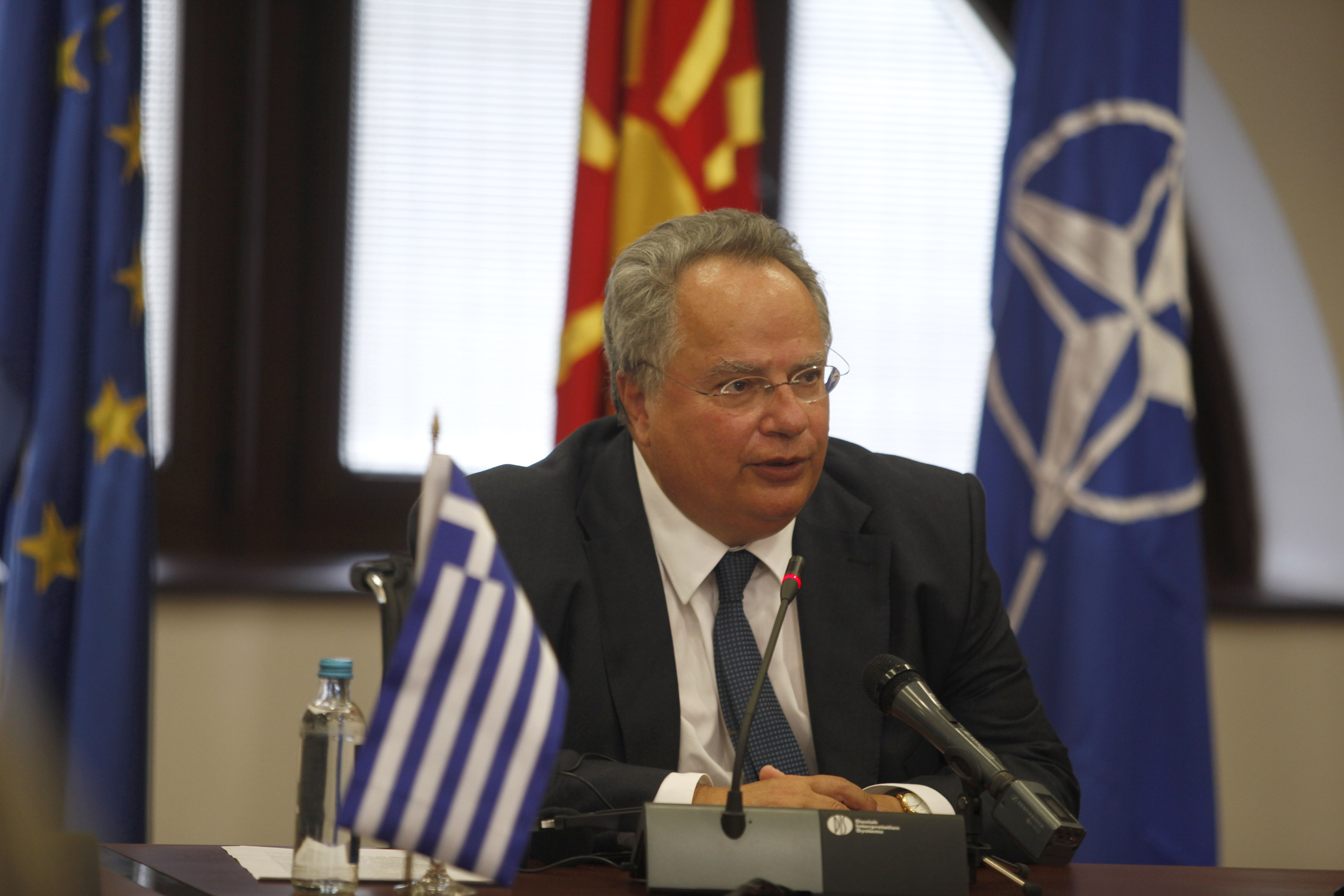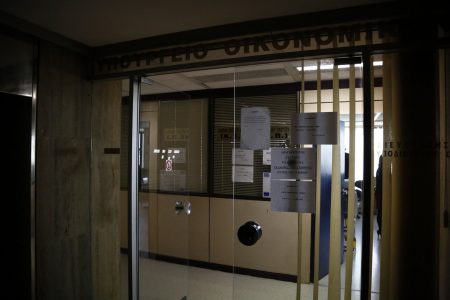There is a spectre haunting the political stage in Greece over recent days, that of the naming of the Former Yugoslav Republic of Macedonia.
Ruling Syriza is oriented toward finding a compromise solution, similar to that offered in 1992 by then Portuguese foreign minister Joao di Deus Pineiro (whose country held the rotating EU presidency), Nova Makedonija, or New Macedonia, with a Slavic spelling.
The Greek political system at the time rejected it because it ruled out any use of the name Macedonia.
A few days ago, Foreign Minister Nikos Kotzias said that on the FYROM name issue, “We thought that time was on our side, but as it turned out it was not.”
Today, there are conflicting messages coming out of Skopje, with the prime minister signaling the need for a compromise and the president of the republic reluctant to accept a name change.
At home, the Syriza government on the one hand faces the refusal of its junior coalition partner to accept any use of the name Macedonia and on the other is trying to pressure New Democracy to take a stance on issue.
Putting New Democracy on the spot
Government spokesman Dimitris Tzanakopoulos answered New Democracy MP and ex-foreign minister Dora Bakoyannis’ criticism that the ruling coalition is engaging in talks with two different positions.
“We await the position of today’s New Democracy. Is it that of [the late former PM] Konstantinos Mitsotakis [compromise] or of [MItsotakis’ hard-line foreign minister] Antonis Samaras?” Tzanakopoulos asked.
Tzanakopoulos is essentially arguing that Syriza can resolve an issue bequeathed by New Democracy to successive governments.




